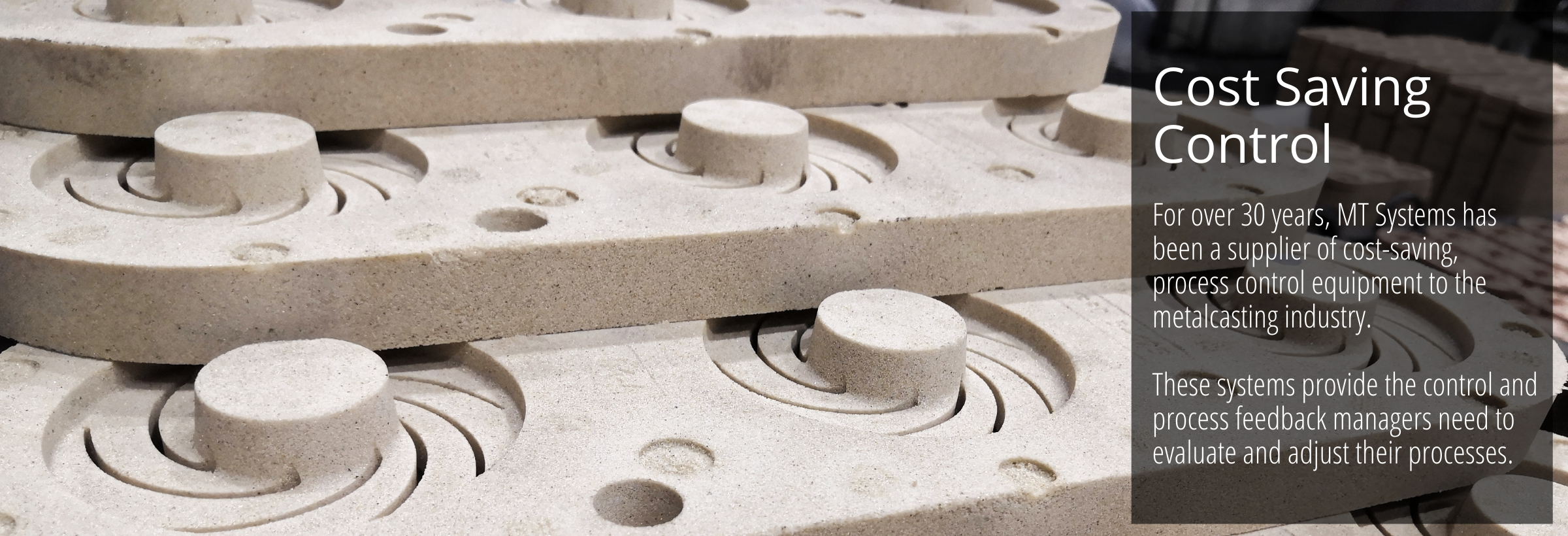


Download PDF of This Case Study
Introduction:
Atchison Casting Corporation (formerly Rockwell) has been in continuous operation for over 100 years. They specialize in large steel castings for heavy industries. Their facilities can produce up to 120 tons of castings per day. They utilize several technologies in all areas of their casting production.
General Foundry Information
Product Line:
Locomotive truck frames, steel armor for defense market, large valve bodies and stems, Caterpillar gear housings and frames and aggregate and turbine markets
Casting Metal Type:
Melting Facilities:
Sand Facilities:
Core Process:
Molding Processes:
Cleaning Facilities:
Heat Treating:
Pattern Shop:
Machining:
Project Objective:
The objective was to get control over their No-Bake sand mixing. A goal of a 5% binder reduction was set. Second, they wanted to add facing/backing sand capabilities. Finally, it was improvements in sand quality repeatability would minimizing mold scrap due to chemical and pump mechanical problems.
Original Problems:
Solution:
They installed the MT Systems SMART PUMP Resin Control System on thirteen of their continuous mixers. This was done in six stages over a period of four years. The basis for the design was to give them the repeatability and reliability over chemical percentages and ratio's with the objective of reducing resin levels by at least 5%.
To accomplish the above goals, each mixer was outfitted with the following hardware:
Their production flow is as follows:
The operator begins filling a mold with the high/low binder switch in the high setting. Once the face of the pattern is covered, he switches to the low setting. When the mold is filled, he turns off the mixer and switches back to the high setting.
If, for any reason, the chemical levels can not reach their set point and SMART PUMP is unable to compensate, the system alarms and turns on alarm lights or shuts the system down until reset. The system fully compensates for line restrictions, chemical viscosity changes, pump wear, and head/suction pressure changes.
Results and Benefits:
Monetary Savings/Pay Back:
Atchison sums up their pay back as follows:
"Pay back and cost justifications on each of the 13 SMART PUMP installations was originally projected at 2 years. Actual pay back was less than 6 month with all future savings going to the bottom line. SMART PUMP's have lowered future manufacturing costs and improved our competitive position in the market place."
Other:
Atchison Castings has seen very dramatic results with SMART PUMP. The Foundry Vice President has even said "SMART PUMPS have had one of the single biggest impacts that he has ever seen in a foundry."
Overall the project has had a greater impact than originally thought. To sum up, they are "very pleased and feel the project was a huge success!".